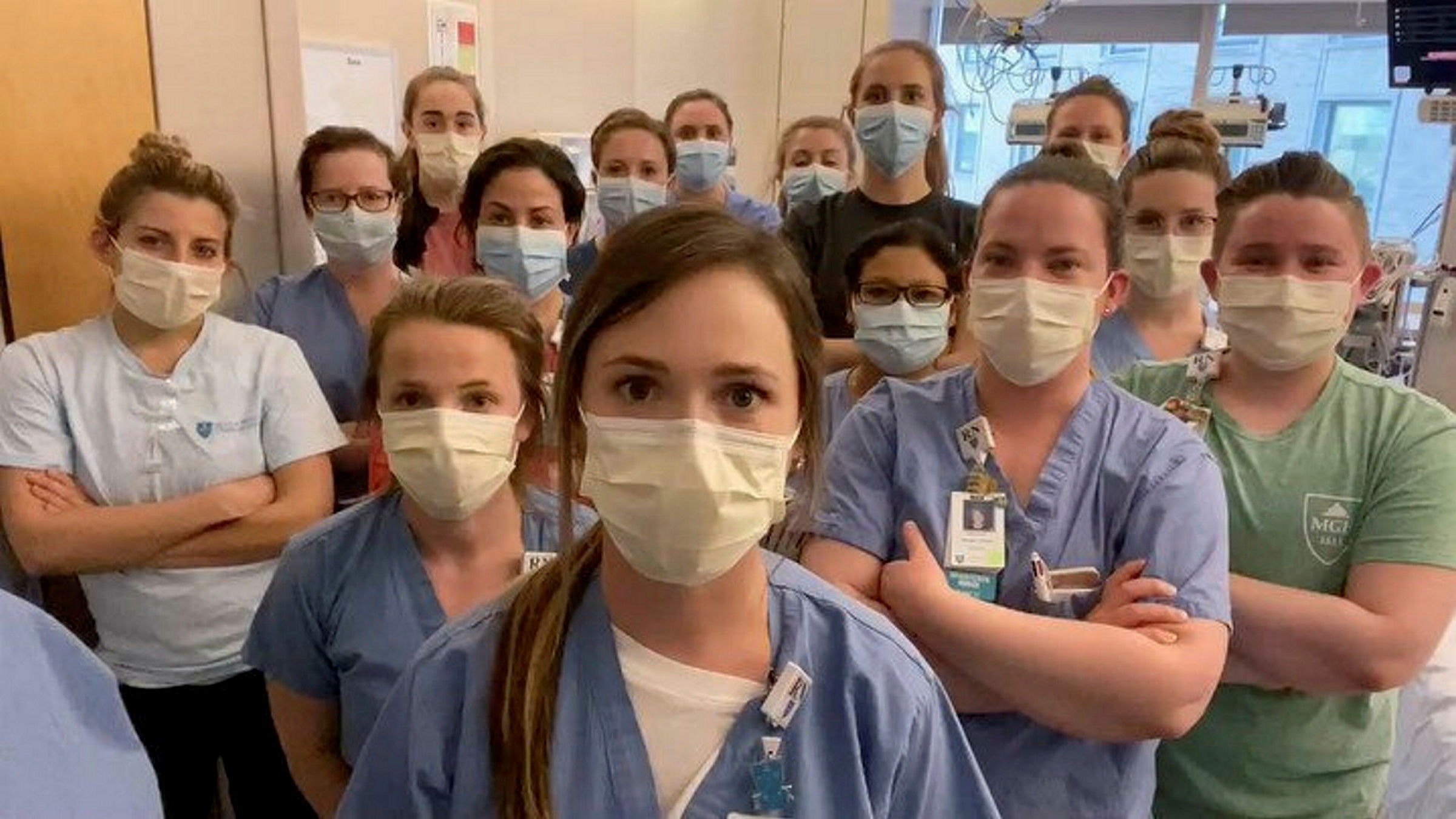
Intermountain Healthcare Brings 200 Nurses to Utah From New York City To Help With Rising COVID-19 Cases
As Utah struggles with rapidly rising cases of COVID-19 in the community, hospitalizations, and deaths, Intermountain Healthcare, Utah’s largest health system, continues to work to add resources to support frontline caregivers to ensure high-quality care is available to all patients.
As part of an extensive surge plan that Intermountain developed more than eight months ago, 31 nurses from New York-Presbyterian have arrived and are now working in Intermountain’s intensive care units, emergency departments, and medical/surgical units.
“Beds don’t take care of patients. People do,” said Katie Thomas, MD, an Intermountain Healthcare physician and associate medical director at Intermountain Medical Center. “We need ICU nurses, patient care technicians, respiratory therapists, physician assistants, nurse practitioners, and physicians to provide the absolute best care to our growing number of COVID-19 patients.”
“The nurses who have come here from New York are graciously and enthusiastically enabling us to continue providing phenomenal care to our patients,” she added. “Equally importantly, they are providing much-needed support to our nurses who have been working tirelessly for months.”
Last April, Intermountain deployed two COVID-19 response teams totaling 100 caregivers to assist New York City-area hospitals during that state’s major surge of COVID-19 cases. Due to a collaboration between two of the nation’s model health systems, NewYork-Presbyterian is now returning the favor and answering Utah’s call for assistance.
These highly-skilled nurses came to support care teams at two Intermountain hospitals – Intermountain Medical Center and LDS Hospital – and will work primarily in ICUs, emergency rooms and medical/surgical units for two weeks.
“My team breathed a huge sigh of relief the moment the Intermountain team arrived at our hospital this past spring,” said Natalie Torrance, RN, NewYork-Presbyterian nursing lead. “Given the opportunity, we are honored to return the favor knowing firsthand how much of a boost it can provide to their frontline health care workers.”
As part of its COVID-19 surge plan, Intermountain is also hiring nearly 200 traveling nurses, adding ICU and medical/surgical beds, and allocating resources to optimize facilities and staffing as part of that long-standing surge plan that involves Intermountain’s community hospitals and larger referral hospitals throughout the 24-hospital system.
During a virtual news conference on Thursday morning, doctors and nurses also outlined some of Intermountain Healthcare’s surge plans, which in addition to the NYC nurses and traveling nurses, include:
- Adding additional ICU and medical/surgical beds at Intermountain Medical Center in Murray
- Distributing patients and allocating resources to optimize facilities, staffing and equipment across Intermountain’s 24-hospital system
- Intermountain Primary Children’s Hospital is prepared to accept transfers of young adult patients up to age 30 from other Intermountain hospitals, when needed and appropriate. Primary Children’s Hospital caregivers and providers are trained and ready to care for these patients.
- At Intermountain Riverton Hospital the pediatric unit has paused admitting pediatric patients and has transitioned to providing inpatient care to more adults and have trained the nurses to make this transition in care.
- Intermountain LDS Hospital in Salt Lake City has opened an additional 16 negative pressure ICU rooms
During the news conference, Hallie Rector, RN, nurse administrator of Intermountain LDS Hospital, appealed to the community to help reduce the number of COVID-19 cases by adhering to Utah’s new mask mandate, washing your hands, and social distancing, including keeping gatherings small to immediate households for the upcoming holidays.
“This year that may mean changing our Thanksgiving traditions, so that gathering only includes immediate members of your family living in your household,” said Rector. “It’s a small sacrifice that will save someone’s life.”



